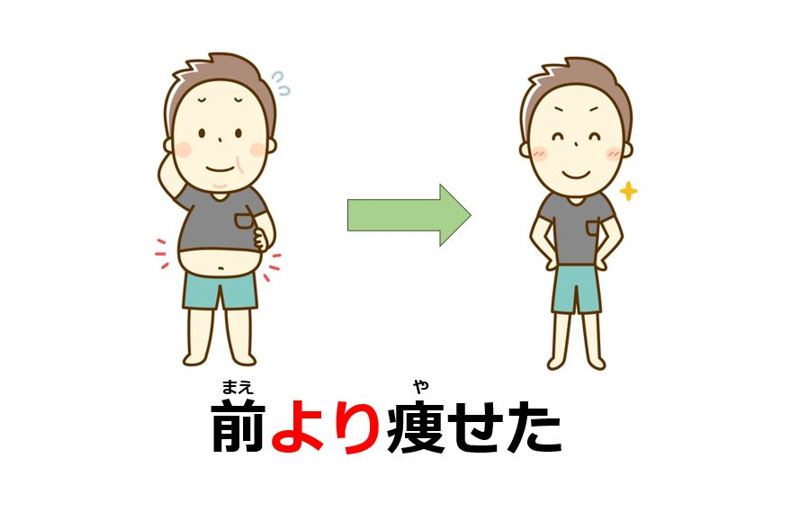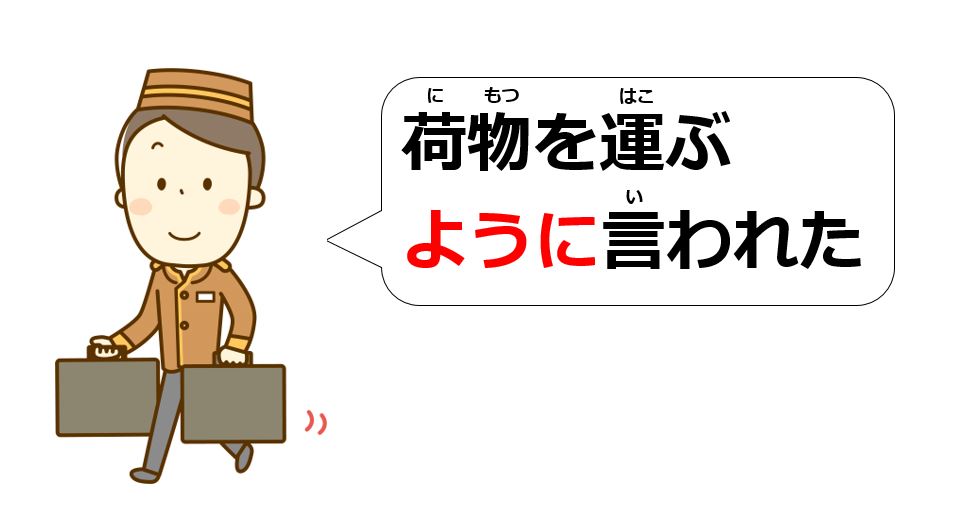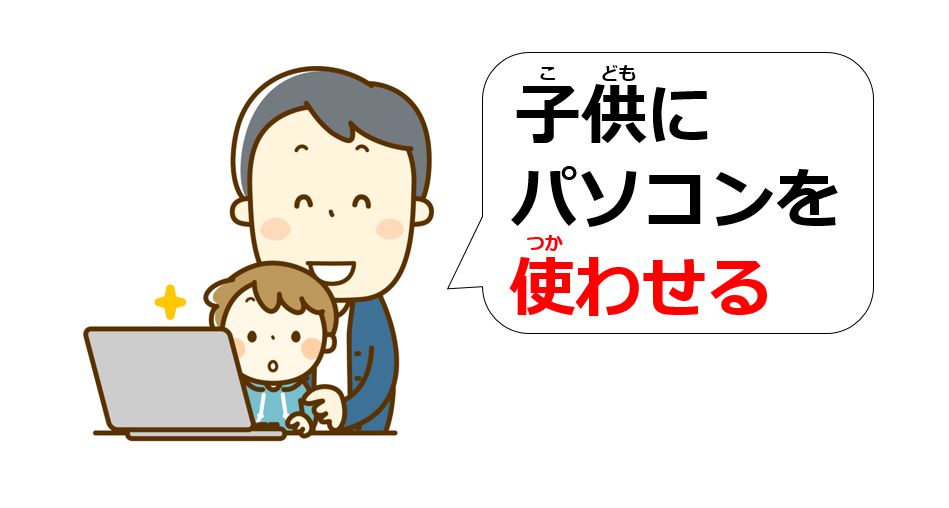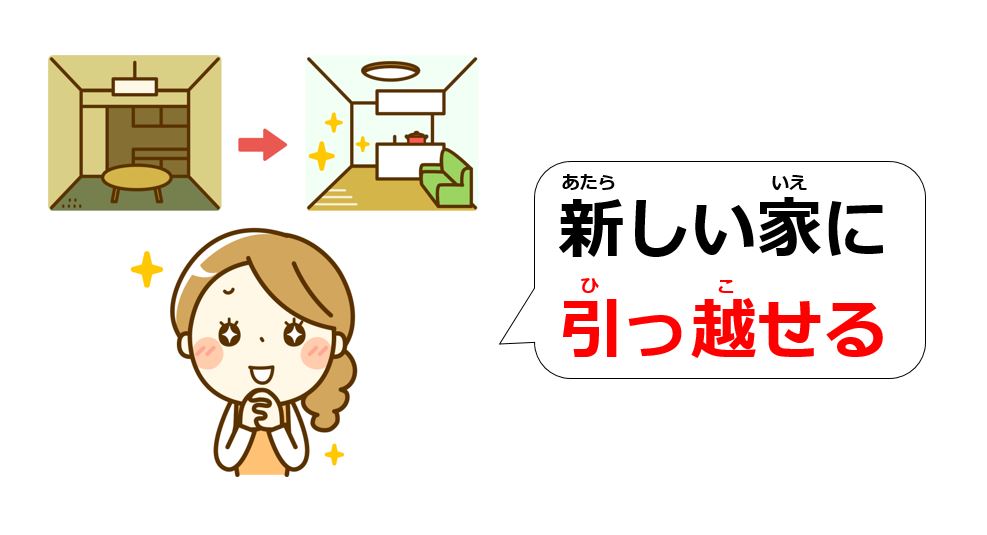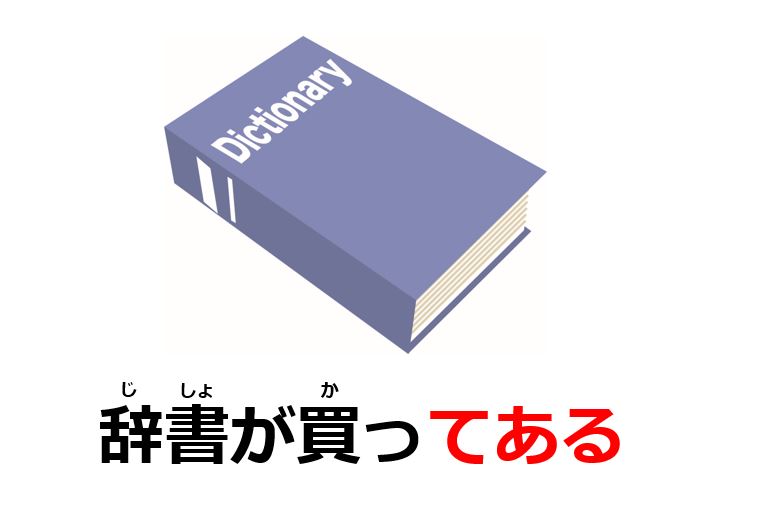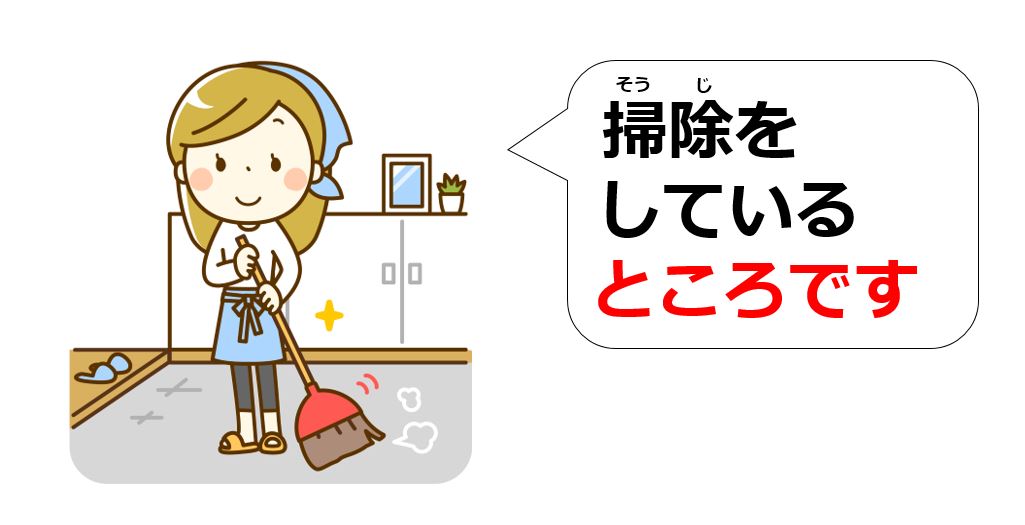Last time, you learned how to express quotations and definitions, e.g. “ボブは日に本ほん語ごが上手うまいと聞きいた (I heard that Bob is good at Japanese).” However, if you would like to say “I heard that Bob speaks Japanese better than John,” what should you do? In this lesson, you will learn how to express comparison. Explanation for How to Express […]
Japanese Grammar
Quotation と, という, and ように
Last time, you learned how to use 行いく and 来くる as helping verbs like 学校がっこうまで走はしっていきます (I will run and go to school). Now, you can express motion of subjects, motion of objects, and a time flow. Then, if you would like to say “I heard that you would run and go to school,” what should […]
Helping Verbs: …ていく and …てくる
Last time, you learned how to express giving and receiving, e.g. 田た中なかさんが日に本ほん語ごを教おしえてくれた (Tanaka-san taught [me] Japanese). By using the helping verb: てくれる, you can express your gratitude. In Japanese, helping verbs have an important role. In this lesson, you will learn other key helping verbs. Explanation for How Helping Verbs: …ていく and …てくる Work Table […]
Receiving and Giving: あげる,くれる, and もらう
Last time, you learned how the causative form works like 子こ供どもに勉べん強きょうをさせる ([I] will make my child study). In passive and causative sentences, you have to pay attention to people’s positions such as doers and direction-givers. In this lesson, you will tackle one of the concepts unique to Japanese: receiving and giving. This is also involved with […]
Japanese Causative Form with the particle に and を
Last time, you learned how to make passive sentences: 観光かんこう客きゃくに道みちを聞きかれました (I was asked the way by a tourist). The particle に works to indicate the doer in this context. In other words, subjects and doers are different in passive sentences. In this lesson, you will tackle a similar structure: causative sentences. Explanation for How Japanese Causative […]
Japanese Passive Form with the particle に, から and によって
Last time, you learned how to express potential like “日に本ほん語ごを話はなせる (I can speak Japanese)” and “漢かん字じを書かくことができる (I can write kanji).” In Japanese, you can express various things by conjugating verbs. Here, you will learn another form: the Japanese passive form. Explanation for How Japanese Passive Form Works Table of Contents Conjugation Rule Basic Sentence Pattern […]
Japanese Potential Form: (ら)れる and ことができる
Last time, you learned how to express change in Japanese, e.g. “先生せんせいになる: I will become a teacher,” and “子こ供どもを先生せんせいにする: I will make my child a teacher”. Furthermore, there may be times when you want to say “I can become a teacher.” In this lesson, you will learn how to express potential. Explanation for How Japanese […]
Expressing Change: なる and する
In this section, you will learn several key sentence patterns such as Japanese potential, passive, and causative form. We express various things by conjugating verbs. Since you have already completed Japanese basic grammar, all you need to do is to memorize conjugation patterns. Here, you will learn how to express change. Explanation for How なる […]
Utilization of the Te-form: てしまう, てある, ておく, and てみる
Last time, you learned how to express the beginning, the middle, and the end of actions: 料りょう理りを 作つくり始はじめた・作つくっているところだ・作つくり終おわった. You have almost completed Japanese tense and aspect. In this lesson, we will pick up the rest of them. And don’t worry, all of them can be expressed by using the single form: te-form. Explanation for How […]
Japanese Aspect: the Beginning, Middle, & End of Actions
Last time, you learned how to express experiences like “前まえに日に本ほん語ごを勉べん強きょうしたことがある (I have studied Japanese before)” and “前まえに日に本ほん語ごを勉べん強きょうしている (I studied Japanese before).” Now, you can express things in the future, the present, and the past. In this lesson, we would like to focus on what aspects verbs may have. Explanation for How Japanese Aspect Works Table […]

